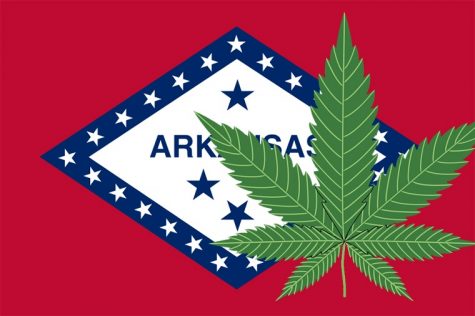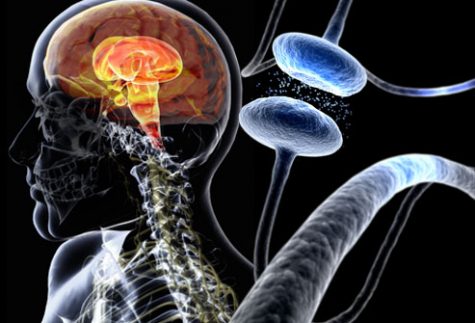New Jersey employees can file disability discrimination claims for medical cannabis consumption

A recent ruling imposed by the New Jersey Supreme Court has given cannabis-consuming employees the opportunity to file a disability discrimination claim; this rule is a part of the New Jersey Law Against Discrimination (NJLAD). Lawmakers made their decision after reviewing the case of an employee who was fired as a result of using legal medical cannabis outside of the workplace.
The ruling will enlighten cannabis-consuming workers on the potential repercussions and permissions associated with off-duty consumption. Prior to the ruling, employees were somewhat left in the dark about how they should deal with situations whereby employees test positive for the plant.
Medical cannabis patient was fired from funeral home after failing drug test
Plaintiff Justin Wild brought the issue of cannabis workplace protections to light when he filed an unlawful discrimination suit against his previous employer Carriage Funeral Holdings Inc. in coherence with the rules outlined under NJLAD. The lawsuit was triggered after Wild was dismissed from his job for failing a cannabis drug test; despite the fact that medical cannabis in New Jersey is legal.
The plaintiff, who claimed that he was employed as the company’s licensed funeral director in 2013, was diagnosed with cancer in 2015. His healthcare physician prescribed him medical cannabis to relieve symptoms of the debilitating – and often deadly – disease; Wild became a registered patient as part of the New Jersey Compassionate Use Medical Marijuana Act. In his lawsuit, he allegedly only used the plant in its medicinal form when he wasn’t in the working environment/on-duty.
One year after his diagnosis, he was hit by a car that illegally ran a red stop sign. While the hospital physician affirmed that Wild was not too impaired to drive, the defendant, David Feeney, argued that Wild would not be excluded from drug testing just because he was in possession of a state-issued medical cannabis card. Following a blood test, cannabis was detected in the plaintiff’s system and he was fired with immediate effect.
Defendant says medical cannabis patient was “incapable of control” in the workplace
According to Feeney, the fact that Wild failed a cannabis drug test meant that he was incapable of controlling his cannabis consumption; something that the defendant says would hinder his ability to work safely and productively. However, Feeney seemed to change his tune shortly after – in June 2016 – when he stated that the job termination was a result of dishonesty on Wild’s part. In a letter, Feeney wrote how the plaintiff failed to disclose his medication use, which is against company policies.
Word spread fast and, sympathizing with Wild, officials at the Bergen County Funeral Directors’ Association meeting decided to reach out to the medical cannabis consumer. Advice was divulged to Wild’s mother in a phone call, which gave the plaintiff a strong argument to fight back against his former employees after they ousted him. Specifically, he argued that Carriage was not legally allowed to terminate his job role since he did not violate NJLAD.
Silver lining for medical cannabis consuming employee after initial rejection by court
The former funeral director’s initial plea was shot down when the court confirmed that the Compassionate Use of Medical Marijuana Act – passed by the legislature on January 11, 2010 – doesn’t include employment-related protections for registered medical cannabis users. Fortunately for Wild – along with thousands of other medical cannabis patients who are employed in various industries – job protections were granted as per amendments made to the Jake Honig Compassionate Use Medical Cannabis Act on July 2, 2019, by Governor Phil Murphy. The previous ruling was then reversed by the Appellate Division and employees were informed about a new set of drug testing procedures; NJLAD outlines how it is unlawful for employers to terminate employment for medical cannabis use if the employee has been diagnosed with disability and relies on plant-based medicine(s).
The Court’s ruling advises employers to clarify that their company’s protocols and policies on medical cannabis are in alignment with the Jake Honig Compassionate Use Medical Cannabis Act.










